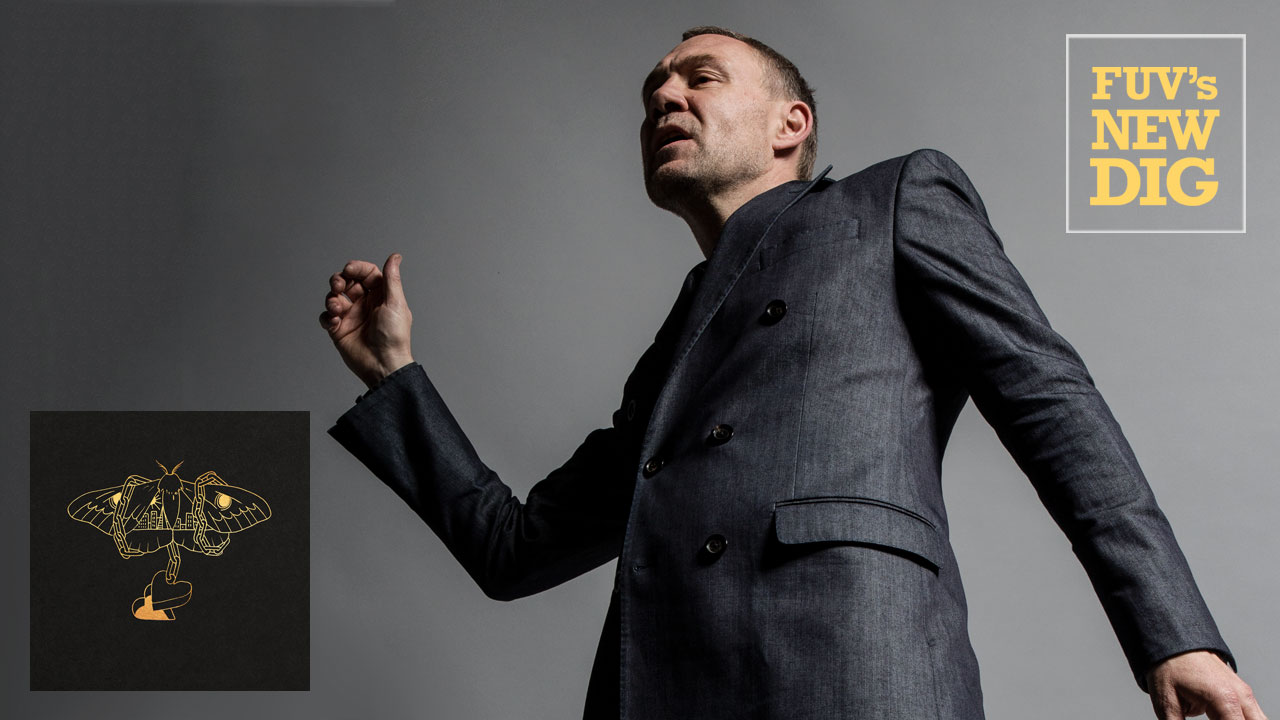David Gray

David Gray (photo courtesy of Mick Management)
David Gray
Gold in a Brass Age
IHT Records/AWAL Recordings
British singer and songwriter David Gray has been a comforting companion for his fans ever since he began releasing music in the early Nineties. Beginning with his 1993 debut, A Century Ends, and onward to his 11th studio album, 2019's Gold in a Brass Age, Gray has always delivered passionate songs of yearning with a commanding voice, striking a chord of sincerity, poetry, and insight.
Over the past handful of years, Gray had been a bit quieter; until the release of Gold in a Brass Age, Gray's last album was 2014's Mutineers — and that five year gap between albums was the longest in his career. Gold In A Brass Age finds Gray stirring up fresh challenges for himself, rather than revisiting methods that characterized A Century Ends or his acclaimed 1998 release, White Ladder.
“With this album, my default position was to try and approach everything differently," Gray explains on his website. "I was keen to get away from a traditional storytelling style.”
He says that his renewed songwriting process relied on phrases and couplets shedding light on how melodies and rhythms would develop, rather than simply fitting the words to the music. Gold in a Brass Age benefits from Gray’s experience making Mutineers, produced by Andy Barlow, one half of the Manchester electronic duo Lamb. Those sessions opened Gray’s eyes to the possibilities of electronic music.
New format and an embrace of electronica aside, Gold in a Brass Age also finds Gray exploring his potent and unique voice. When making Mutineers, Gray experimented with different approaches to singing, employing hushed tones, alternate inflections, softer delivery, and even falsetto. All three of these techniques combined to produce exactly what Gray wanted. All of his experimentation has paid off on Gold in a Brass Age. It's also, as he writes, his most London-inspired album since White Ladder, a "tribute to that relentless city."
“The Sapling” opens the album with a gentle breeze of soft horns, feathery woodwinds, and a gently-strummed guitar. Electronic treatments add character to the title track while traditional drums and computerized percussion give “Ridiculous Heart” its groove. “A Tight Ship” has an infectious melody, rich imagery, and sparkling synths. Gray slips back into a more familiar singing style on "Hall of Mirrors," which flows on a stream of cerebral ideas and imagery. “Watching The Waves” is hazy and hushed, and “Furthering” even plays with distortion, briefly rendering Gray's vocals unrecognizable.
The new album also stretches generations: it was produced by Ben de Vries, the son of Marius de Vries who produced Gray's 2005 album, Life in Slow Motion.
Gray is an artist who is eager to change and evolve, even 11 albums down the line — and that's clearly evident throughout Gold in a Brass Age. While the blend of folk and electronica has been around for a long time, Gray makes it his dynamic method to tackle tough subjects in a tumultuous time. A musician who has always possessed a special voice, Gray's enthusiasm for uncharted territory steers Gold in a Brass Age in an intriguing, handsome, and expressive direction.
Listen to a new FUV Live session with David Gray on Monday, March 11, at 8 p.m., EDT, on 90.7FM and WFUV.org and also streaming on demand in the FUV Vault.

